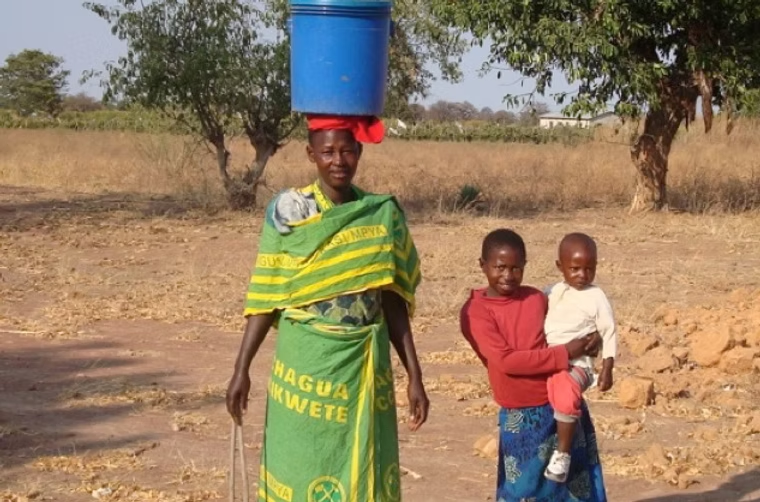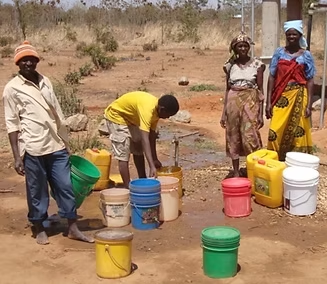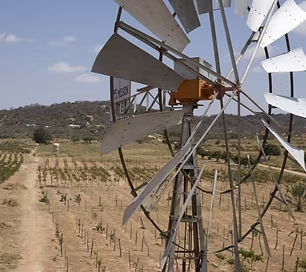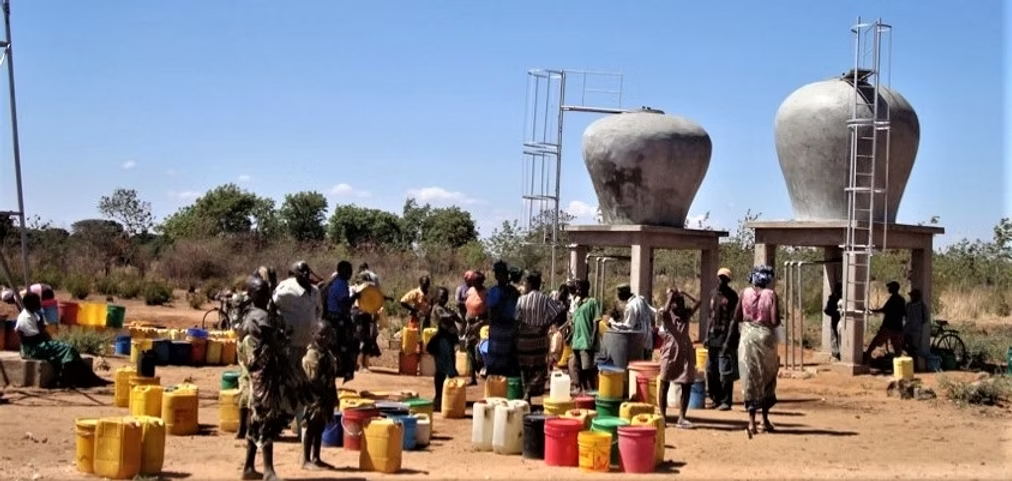Water and Energy
Hearts for Africa is partnering with Amani to provide access to clean, drinking water…a basic human right!
PROBLEM:
For women, collecting water steals time
Worldwide, women and girls spend an estimated 200 million hours every single day collecting water. In Tanzania, it is not uncommon for women to travel upto 10 km every day just to find water and may take up to 3 hours. This burden robs women and girls of time to learn, time to be a kid, time to earn an income, time to rest, and time spent with family. For hundreds of millions of people, being born female means life revolves around water collection. Everything else comes second.
PROBLEM:
For women, collecting water limits opportunities
For girls all over the world, not having access to clean water means a life filled with more responsibility than opportunity. It means less time to attend school or study or enjoy being a child. When you remove this barrier, one of the most immediate transformations is school attendance for young girls. Globally, female enrollment in school increases by 15% when a community has easy access to clean water
PROBLEM:
For women, collecting unsafe water puts their family at risk
Collection of water can affect the health of the whole family, and particularly of children. When water is not available at home, even if it is collected from a safe source, the fact that it has to be transported and stored increases the risk that it is faecally contaminated by the time it is drunk. This in turn increases the risk of diarrhoeal disease, which is the fourth leading cause of death among children under 5, and a leading cause of chronic malnutrition, or stunting, which affects 159 million children worldwide. More than 300,000 children under 5 die annually from diarrhoeal diseases due to poor sanitation, poor hygiene, or unsafe drinking water – over 800 per day.
What Hearts for Africa is doing about the SOLUTION
Through the generosity of our donors, and in conjunction with the Amani support group in the U.S., Hearts for Africa has funded the sinking of deep wells with associated windmills, water storage and supply systems that provide permanent clean water for several local villages…that’s nearly 50,000 people! In some villages there is a sufficient supply of well-water for use in irrigation as well as for drinking.
Water is a vital element of life and Amani’s role in early years was almost exclusively to sink wells to provide a permanent supply of clean water in villages where there were none.




